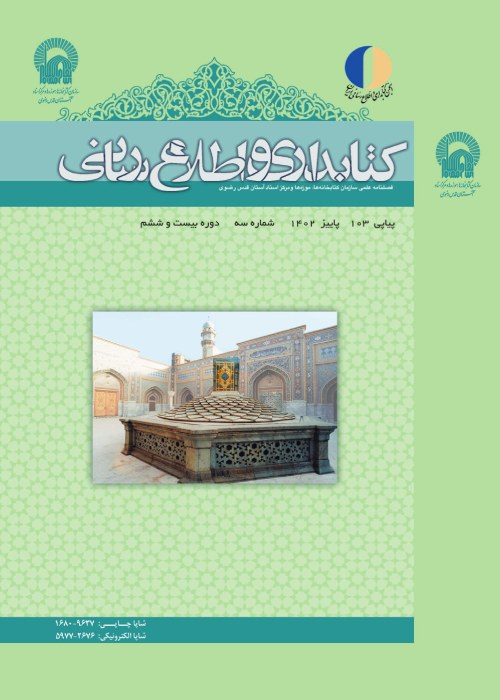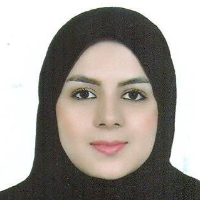Clustering the Concepts and Emerging Events of Knowledge Organization
Knowledge organization is one of the key pillars of Library and Information Science (LIS) studies and is one of the important steps and approaches in the process of knowledge intellectual structure of the knowledge organization in the Web of Science (WoS) from 1975 to 2018 and to cluster emerging concepts and events of this subject area.
In this paper, researchers applied scientometrics methods. We used a co-occurrence analysis method with an analytical approach. In order to do the research, we utilized hierarchical clustering and multidimensional scaling. The research population consists of all keywords (27124 keywords) of articles in the field of knowledge organization retrieved from the Web of Science (WOS) citation database between 1975 and 2018. SPSS, UCINET, VOS Viewer and NetDraw utilized for preparing and analyzing data and also for visualizing maps.
We selected the most frequent keywords to provide a complete overview of current studies. The data analysis showed that between 1975 and 1999 the keywords “information technology”, “information system” and “internet” and between 2000-2018 the keywords “information literacy”, “information retrieval” and “information” were most frequent. Findings also showed that the keywords “geographic information system- geographic information system” and “information literacy- academic library” have the most co-word occurrence. In the first period (1975-1999), 10 clusters including information retrieval, multimedia, Automatic cataloging and indexing, library and education, knowledge management, information system research, strategic planning, information retrieval system, user training, information resource management, and the second period (2000-2018), 17 clusters formed including user training, information literacy training, librarianship, and information research, uncertainly in Health Information Behavior, information behavior, Measurement studies, electronic government, social network, knowledge sharing, knowledge organization, knowledge management, digital divide, information retrieval, classification, and indexing, Computer Cataloging, data mining, and Social Cataloging
The results showed that despite the relative overlap between clusters of the two periods, the topics in the second period (2000-2018) because of the increasing number and scope of the keywords were of a higher number. Six clusters are similar in content andkeywords in the two periods studied. An overview of the results of cluster analysis between 1975 and 2018 showed that the clusters were similar and overlapped. Although the number of clusters in the second period (2000-2018) were more associated. Six clusters were similar in terms of content and the number of keywords in the two periods. This represents about 60% similarities for the 1975–1999 time period and 35% for the time period 2000–2018.
- حق عضویت دریافتی صرف حمایت از نشریات عضو و نگهداری، تکمیل و توسعه مگیران میشود.
- پرداخت حق اشتراک و دانلود مقالات اجازه بازنشر آن در سایر رسانههای چاپی و دیجیتال را به کاربر نمیدهد.




